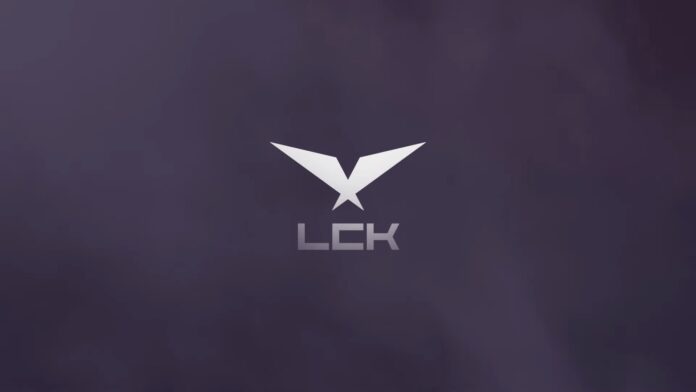The LCK announces Sporting Financial Regulation, introducing salary cap and luxury tax for competitive balance and to teams with their financial problems.
League of Legends Champions Korea (LCK) has unveiled its latest initiative aimed at stabilizing team finances and fostering competitive balance within the league. The Sporting Financial Regulation (SFR), set to take effect during the 2023 offseason, introduces a novel salary cap system for starting rosters, accompanied by a luxury tax akin to those seen in major North American sports leagues such as the NBA and MLB.
Under the new SFR guidelines, each LCK organization will be subject to a cap on the total salary of their five highest-earning players. Notably, this cap will exclude any substitute or benched players from the calculation, focusing solely on the starting roster. By implementing this cap, the LCK aims to control team expenditures and create a more sustainable environment for teams and players alike.
As a part of the many measures to ensure the #LCK maintains sustainable growth, Sporting Financial Regulations (SFR) will be introduced starting in the 2023 offseason.
The SFR seeks to allow the sustainable growth of teams, players and the league by regulating each team’s salary… pic.twitter.com/QCS5T1Ys8B
— LCK (@LCK) July 19, 2023
The salary cap comprises two essential components: a minimum level and an upper limit. The minimum level has been fixed at 70% of the revenue each team received from the LCK in 2022. This measure, termed the salary floor, ensures that teams invest a minimum amount in their players’ salaries to foster a competitive and fair environment.
On the other end of the spectrum, the upper limit sets a threshold beyond which teams cannot exceed their combined starting roster salaries. If a team surpasses this upper limit, they will be subjected to a luxury tax. The tax collected from these excess-spending teams will be redistributed among the teams that managed to stay below the cap, further promoting financial equilibrium across the league.
One crucial note is that SFR will have exemption cases for some players. Players who have achieved significant success, such as winning the LCK five times or more or securing victory in three top-tier international tournaments—like MSI and Worlds, will have only 50% of their salary considered in the cap calculation. As of now, this exception applies to a handful of players—Faker from T1 and Peanut from Gen.G
Another exception applies to players who have shown loyalty to their organizations by staying with the same team for at least three years. In such cases, these players will receive a 30% reduction in the cap, recognizing their commitment to their respective teams. Players meeting multiple exemption criteria will receive a discount ranging from 30% to 40%.
Furthermore, players with existing contracts that extend beyond the 2023 season will be regarded as “existing player contracts” until their expiration. For each team, their existing player contracts will be counted as one-fifth of the team’s cap until the contracts conclude.
The LCK plans to review and potentially adjust the SFR’s salary cap every two years, making it adaptable to changing financial landscapes and league conditions.
LCK teams have been pushing for salary caps for some time, with concerns over escalating wage costs and financial losses. The new SFR presents a significant step forward in addressing these issues, aiming to strike a balance between player earnings and team sustainability.
For more of our League of Legends and LoL Esports coverage, follow us on ESTNN.
estnn.com







